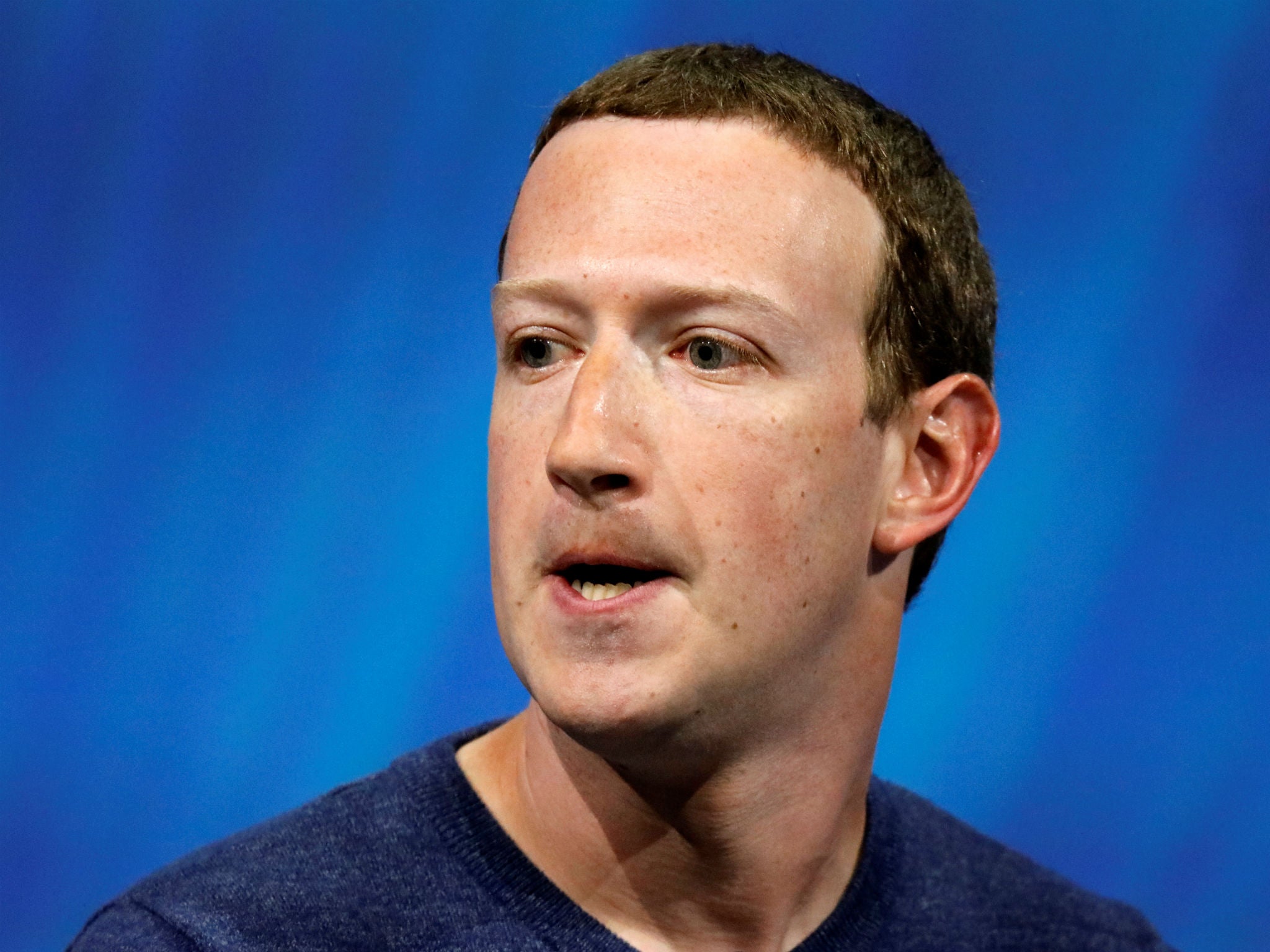Holocaust deniers are being sincere so we won’t ban them from Facebook, says Mark Zuckerberg

Mark Zuckerberg has defended the rights of Holocaust deniers to stay on Facebook – because they are being genuine.
The Facebook boss said that he found the belief that the Holocaust did not happen was deeply offensive. But he said that the people using his site to promote such views should be allowed to use it and that the posts should stay up.
There are many things that people get wrong and those that claim that the Holocaust did not happen are one of them, he suggested during an interview. He claimed that since the people are mistaken in their belief, rather than intending to harm anyone, they will continue to be allowed to post on the site.
When it was suggested by Kara Swisher, the journalist who was interviewing him, that Holocaust deniers might be intentionally spreading lies they know to be incorrect, Mr Zuckerberg said it was difficult to understand people’s intent.
“It’s hard to impugn intent and to understand the intent,” he said. ”I just think, as abhorrent as some of those examples are, I think the reality is also that I get things wrong when I speak publicly.”
The remarks sparked criticism, including from the Anti-Defamation League, which said in a statement that Facebook has a “moral and ethical obligation” not to allow people to disseminate Holocaust denial on its platform.
Since the interview was posted online, Mr Zuckerberg attempted to clarify the comments though did not seem to alter his original suggestion.
“I enjoyed our conversation yesterday, but there’s one thing I want to clear up,” he wrote to Ms Swisher. ”I personally find Holocaust denial deeply offensive, and I absolutely didn’t intend to defend the intent of people who deny that.”
He went on to suggest that posts that are false will be downgraded if they are spotted by Facebook’s fact checkers, and so less people are likely to see them. And they would be banned entirely if they advocated violence against a particular group, he said.
But the policy of allowing such content to stay on the site did not appear to change. “These issues are very challenging but I believe that often the best way to fight offensive bad speech is with good speech,” he concluded.
The controversy came just a day after a documentary alleged that far-right and racist pages were receiving special protections on Facebook.
Join our commenting forum
Join thought-provoking conversations, follow other Independent readers and see their replies
Comments
Bookmark popover
Removed from bookmarks